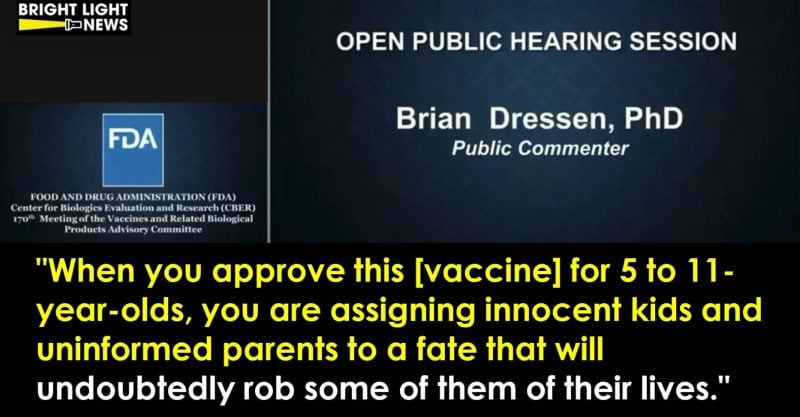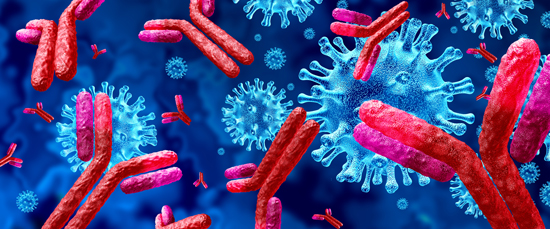Does the vaccine provide better Immunity than natural Immunity?
COVID-19 natural immunity versus vaccination
twitterfacebook
Breadcrumb
Home Coronavirus (COVID-19) COVID-19 natural immunity versus vaccination
Published September 20, 2021
If you've had COVID-19 before, does your natural immunity work better than a vaccine?
The data is clear: Natural immunity is not better. The COVID-19 vaccines create more effective and longer-lasting immunity than natural immunity from infection.
- More than a third of COVID-19 infections result in zero protective antibodies
- Natural immunity fades faster than vaccine immunity
- Natural immunity alone is less than half as effective than natural immunity plus vaccination
The takeaway: Get vaccinated, even if you've had COVID-19. Vaccine immunity is stronger than natural immunity.
"Natural immunity can be spotty. Some people can react vigorously and get a great antibody response. Other people don't get such a great response," says infectious diseases expert
Mark Rupp, MD. "Clearly, vaccine-induced immunity is more standardized and can be longer-lasting."
A third of infections don't get any protective antibodies
Some people who get COVID-19 receive no protection from reinfection – their natural immunity is nonexistent. A recent study found that
36% of COVID-19 cases didn't result in development of SARS-CoV-2 antibodies. The people had different levels of illness – most had moderate disease, but some were asymptomatic and some experienced severe COVID-19.
"Vaccine-induced immunity is more predictable than natural immunity," says Dr. Rupp. The COVID-19 vaccines provide great protection from severe disease, hospitalization and death.
Natural immunity fades more quickly than vaccine immunity
Natural immunity can decay within about 90 days. Immunity from COVID-19 vaccines has been shown to last longer. Both
Pfizer and
Moderna reported strong vaccine protection for at least six months.
Studies are ongoing to evaluate the full duration of protective immunity, including the Johnson & Johnson vaccine.
Real-world studies also indicate natural immunity's short life. For example, 65% of people with a lower baseline antibody from infection to begin with completely
lost their COVID-19 antibodies by 60 days.
What about that Israeli study suggesting natural immunity is stronger? Infectious diseases expert
James Lawler, MD, MPH, FIDSA, carefully evaluates the study design of the
retrospective Maccabi Health System study in his Aug. 31 briefing. In the briefing, he identifies two concerning sources of error that were not corrected for: survivorship bias and selection bias.
Natural immunity alone is weak
One study compared natural immunity alone to natural immunity plus vaccination. They found that, after infection,
unvaccinated people are 2.34 times likelier to get COVID-19 again, compared to fully vaccinated people. So vaccinated people (after infection) have
half the risk of reinfection than people relying on natural immunity alone.
"Studies show that the vaccine gives a very good booster response if you've had COVID-19 before," says Dr. Rupp.
Furthermore, there is no country on the globe in which natural infection and natural immunity has brought the pandemic under control. In countries like Iran or Brazil very high levels of natural infection have not prevented recurrent waves of infection.
How soon after COVID-19 to get vaccinated
How soon is too soon to get vaccinated after you're sick with COVID-19? If you're no longer sick and out of isolation, you should get vaccinated.
We recommend that people with
post-COVID syndrome (long haulers)
should get the vaccine as well. There are some reports of people with post-COVID syndrome experiencing marked improvement in symptoms following vaccination.
Are vaccine adverse reactions more common after infection?
Those with prior infection tend to have more systemic (and short-lived) side effects after vaccination. One study shows that the
likelihood of fatigue, headache, chills and other systemic side effects increases for people who have had COVID-19 infection in the past. These
side effects show that the vaccine is working and resolve in a day or two days.
There's nothing to suggest that people who have had COVID-19 before are at greater risk for more serious adverse events. Serious adverse events after COVID-19 vaccination remain
extraordinarily rare. You are much, much more likely to have an adverse reaction to COVID-19 (the disease) like hospitalization or death than you are from any of the COVID-19 vaccines.
Schedule your COVID-19 vaccine
The Pfizer COVID-19 vaccine recently received full FDA approval.
Get vaccinated today.
Related stories:





